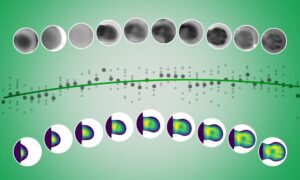
How video games inspired a new way to visualise limb development
EMBL Barcelona researchers developed a computational method that reconstructs embryonic development.
SCIENCE & TECHNOLOGY2025
science-technology
Showing results out of

EMBL Barcelona researchers developed a computational method that reconstructs embryonic development.
SCIENCE & TECHNOLOGY2025
science-technology
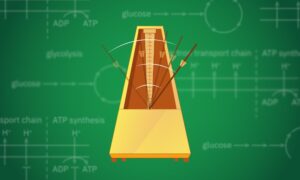
A new study from EMBL Barcelona researchers shows that metabolism is a selective modulator of developmental tempo, contributing to our evolutionary understanding.
SCIENCE & TECHNOLOGY2025
science-technology
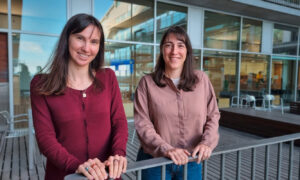
The findings of the study provide insights into vaccines or treatments to protect people from severe malaria.
SCIENCE & TECHNOLOGY2024
science-technology
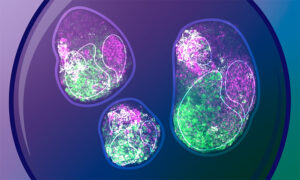
Researchers from the Trivedi Group at EMBL Barcelona unveil how cells can act autonomously during early development.
SCIENCE & TECHNOLOGY2024
science-technology
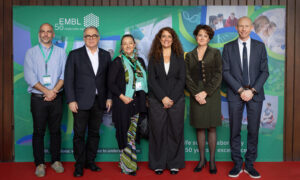
EMBL Barcelona observed EMBL’s 50th anniversary with a scientific celebration that attracted alumni and other leading life scientists.
CONNECTIONS2024
connections

EMBL-EBI Postdoctoral researcher Iguaracy Pinheiro de Sousa is using bioinformatics to support the development of better organoids.
PEOPLE & PERSPECTIVES2024
people-perspectivesperspectives
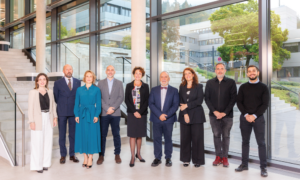
A delegation from Spain’s Ministry of Science, Innovation, and Universities visited EMBL to strengthen ties and discuss future opportunities.
CONNECTIONS2024
connections
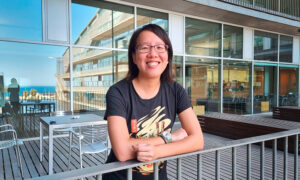
Jia Le Lim talks about contributing back to society through science, finding inspiration in the way birds fly in the sky, and winning a recent international piano competition.
PEOPLE & PERSPECTIVES2024
people-perspectives
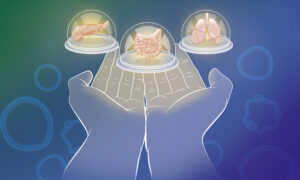
On Friday 4 October 2024 at 18:00 CEST, the Royal Netherlands Academy of Arts and Sciences (KNAW) in Amsterdam will host the 2024 Kafatos Lecture, delivered by renowned scientist Hans Clevers.
EMBL ANNOUNCEMENTS2024
embl-announcements
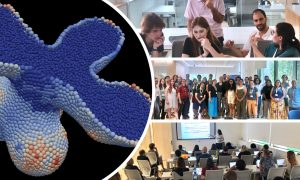
The Barcelona Collaboratorium celebrated a milestone as it hosted the EMBO Practical Course ‘Computational modelling of multicellular systems'.
CONNECTIONS2023
connectionsevents
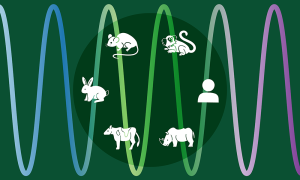
Researchers from the Ebisuya Group at EMBL Barcelona have used an unprecedented stem cell zoo to compare six different mammalian species and their developmental time.
SCIENCE & TECHNOLOGY2023
sciencescience-technology
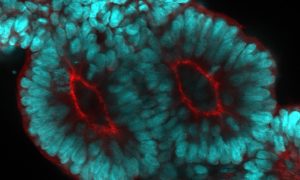
Scientists at EMBL Barcelona have created for the first time a 3D in vitro model that recapitulates the periodic formation of human somites – structures that give rise to the spinal column.
SCIENCE & TECHNOLOGY2022
sciencescience-technology
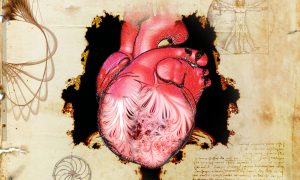
An international team of scientists involving Ewan Birney's group has investigated the function of a complex mesh of muscle fibres that line the inner surface of the heart.
SCIENCE & TECHNOLOGY2020
sciencescience-technology
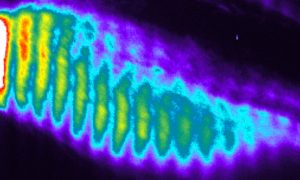
EMBL scientists examine the molecular causes of a rare hereditary disease of the spine and ribs
SCIENCE & TECHNOLOGY2020
sciencescience-technology
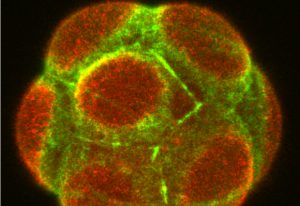
Shedding light on the mechanisms that control the fate of embryonic cells
SCIENCE & TECHNOLOGY2019
sciencescience-technology
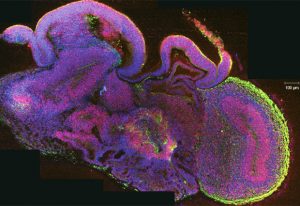
What opportunities can organoids bring to further the understanding of the human brain?
SCIENCE & TECHNOLOGY2018
eventsscience-technology
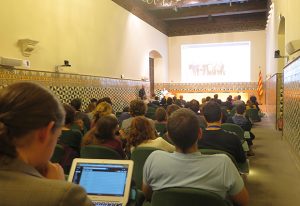
James Sharpe, Head of EMBL Barcelona, co-chairs the morphogenetic engineering-themed conference
CONNECTIONS2017
connectionsevents

Meet the head of EMBL's new Barcelona site, James Sharpe
PEOPLE & PERSPECTIVES2017
people-perspectivesscience
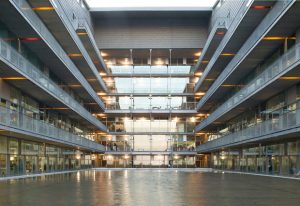
Inventor of OPT will be the first Head of EMBL’s new Barcelona site
EMBL ANNOUNCEMENTSLAB MATTERS2017
embl-announcementslab-matters
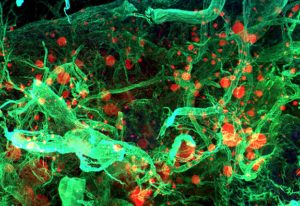
Spanish government and EMBL sign agreement for new site
EMBL ANNOUNCEMENTSLAB MATTERS2017
embl-announcementslab-matters
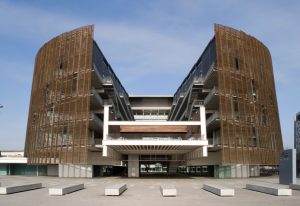
EMBL Director-General, Iain Mattaj, reflects on the work done to establish a new site in Barcelona
LAB MATTERS2017
lab-matters
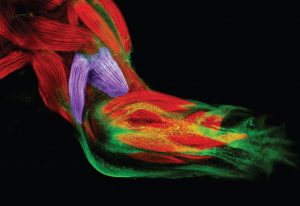
Exploring what it would take to regrow a lost limb, and what we might learn along the way
SCIENCE & TECHNOLOGY2016
sciencescience-technology
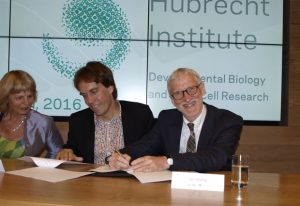
EMBL and the Hubrecht Institute signed a 5-year partnership agreement
CONNECTIONSLAB MATTERS2016
connectionslab-matters
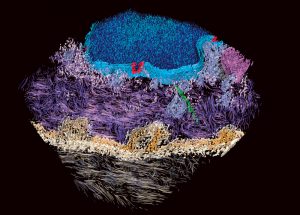
Seeing proteins in their natural environment and interactions inside cells has been a longstanding goal. Using an advanced microscopy technique called cryo-electron tomography, researchers from the European Molecular Biology Laboratory (EMBL) have visualised proteins responsible for cell-cell…
SCIENCE & TECHNOLOGY2007
sciencescience-technology
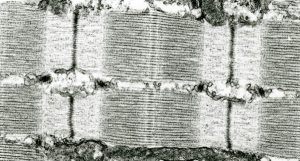
Imagine grabbing two snakes by the tail so that they can’t wriggle off in opposite directions. Scientists at the Hamburg Outstation of the European Molecular Biology Laboratory (EMBL) and collaborators from King’s College in London have now discovered that something similar happens to a…
SCIENCE & TECHNOLOGY2006
sciencescience-technology
No results found